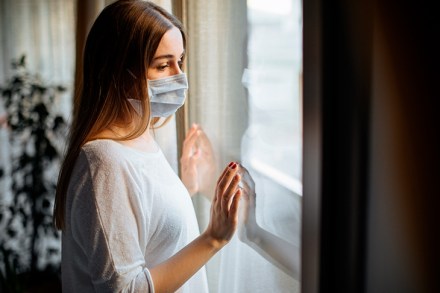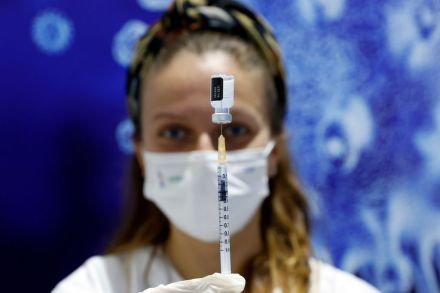The horrifying toll of lockdown on the poor and mentally ill
I start the week with someone throwing faeces at me. I thought people were supposed to clap for doctors these days, not hurl poo at them? Never mind. Thankfully I’m fast on my feet despite it being the early hours of the morning, and dodge the mess, which hits the wall behind me. I’m working a week of nights covering A&E for mental health and this kind of mayhem is not as unusual as you might expect. The naked man, covered in excrement, runs around screaming. The nurse with me doesn’t even flinch. I love A&E nurses. They’ve seen and heard it all. I’m sure if there were a nuclear




















